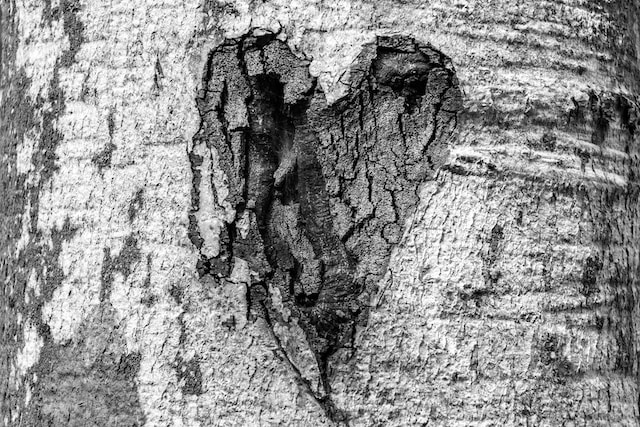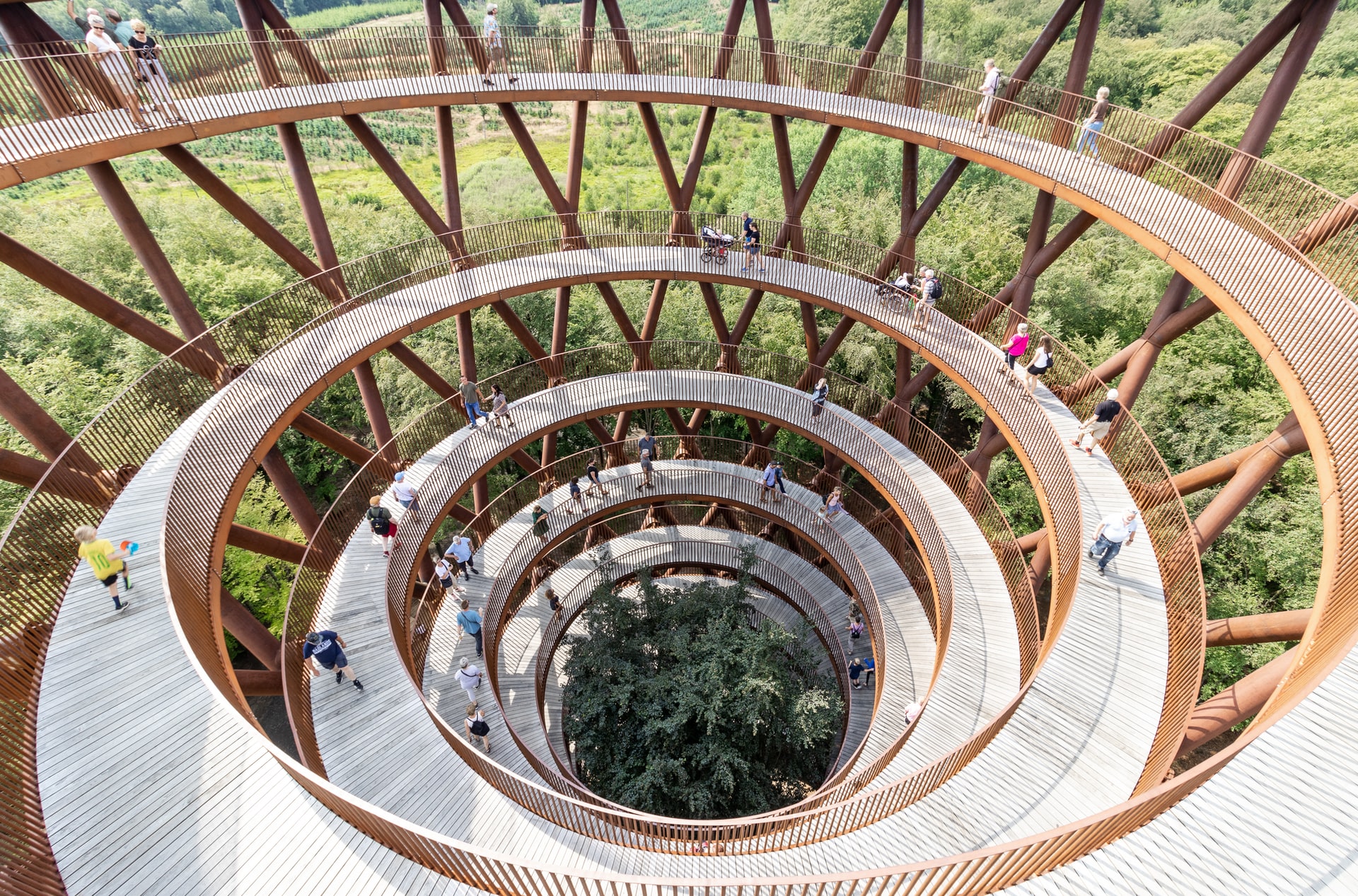Trauma survivors have a tough time with emotions – connecting, identifying, processing, being comfortable with, and expressing them. I’m currently exploring how the How We Feel app can help with that.
Why I Like How We Feel
There are a few reasons I’m totally down with trying this app.
First, I stumbled on this app while searching out something on Karla McLaren’s website. She’s the Real Deal. I ran across her stuff several years ago, when I was trying to teach my young children AND myself about emotions and feelings at the same time.
Emotions and feelings are her thing. I bought The Language of Emotions and still have it on my shelf for reference.
Second, this app is directly tied in with colors, like Gottman’s Feeling Wheel (click to download). There are four choices to start with – High Energy Pleasant, High Energy Unpleasant, Low Energy Pleasant, Low Energy Unpleasant. From there, you’re directed to the most appropriate color, but you do not have to stay there.
Third, it’s easy to use. I set up notifications for myself to check in throughout the day. I can check in as many times a day as I want, plus I can add pictures and notes to my check-ins. This is REALLY GOOD for tracking triggers.
What’s the Point, Tho?
Knowledge is power.
We can’t do something about anything until we SEE what’s happening.
This app helps us to track patterns of emotions. For example, maybe you feel discouraged at the same time every day. By tracking that over time, it would be easy to see the pattern and practice curiosity about the timing of these feelings. It could be as simple as low blood sugar and needing a snack, or it could be something more complicated.
I’m excited about using this app because I typically experience depression symptoms in November and December and this year, I’m tracking it! I want to see the patterns and then see where it takes me.
Trauma Survivors Need to Know Feelings
While tracking emotions and feelings with this app, we get to learn how to identify emotions in our bodies in an accessible way.
Why is this important? Because to survive, trauma survivors (me included) disconnect our bodies and brains.
This disconnection makes it harder to know when we are having an emotional experience. Then we get into a cycle of getting overwhelmed by emotion, lashing outward or inward, and crashing. This is tough on our nervous systems.
And we don’t have to stay in this pattern. My life is evidence that we can learn how to identify emotions in our bodies, name those emotions with feeling words, give emotions and feelings meaning while processing them, and then communicate them in controlled ways.
Sounds like a big job, right? That’s because it is. This is one of the aspects of The Work of trauma and grief recovery.
All we need to do is begin.
Interested in the How We Feel app? Go here.
More About Emotions and Feelings
Talking About How to Process Emotions and Feelings on #sexabusechat
Emotions are Energy That Needs to Move
Practical Strategies to Tame Overwhelming Emotions
Try Trauma Recovery & Grief Recovery Coaching

Sign up here to get a free copy of Five Things Every Trauma Survivor Needs to Know AND
61 Tips About the Grief Experience.
Find out more about Trauma and Grief Recovery Coaching
I offer one-on-one sessions, groups, PTSD Remediation, and classes. Appointments are offered in-person and online.
Try Trauma Recovery and Grief Recovery Coaching for Free! Book a free 30-minute Discovery Call to find out more!










